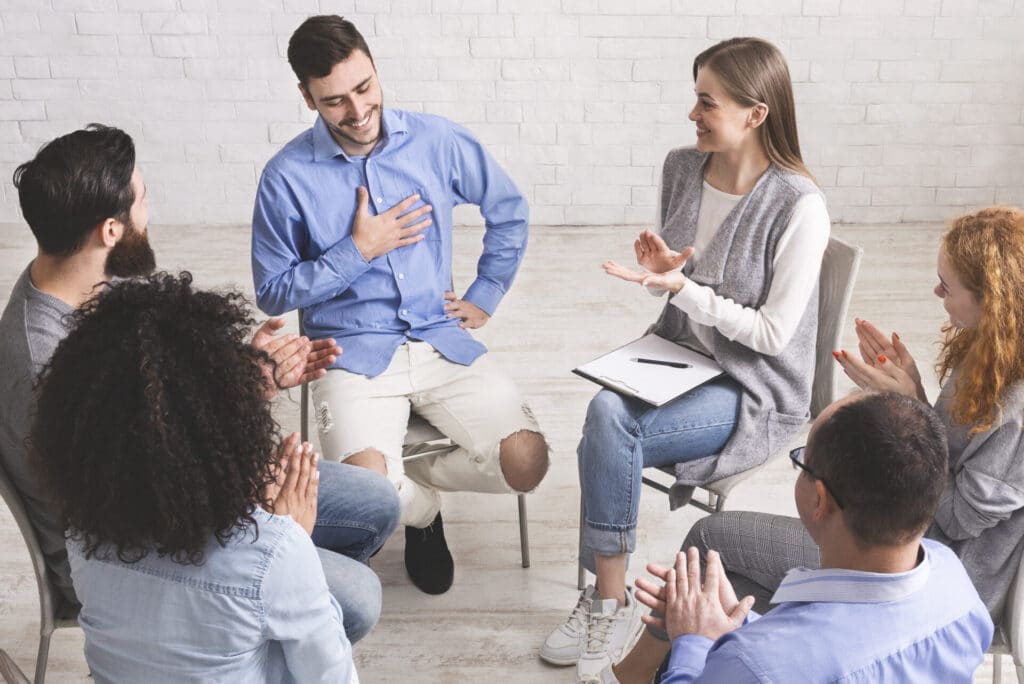Circle is a structured process for organizing effective group communication, relationship building, decision-making, and conflict resolution. The process creates a space apart from our normal ways of being together. The Circle embodies and nurtures a philosophy of relationship and interconnectedness that can guide us in all circumstances-in circle and outside of circle.
Old thing, made new. Native & Indigenous Roots.
Peacemaking Circles bring people together as equals to have honest exchanges about difficult issues and painful experiences in an atmosphere of respect and concern for everyone.
Circles Offered
Juvenile Circle Sentencing
An alternative response to a crime that promotes healing and safety for everyone. Included in the Circle process are those harmed by crime/negative behavior, those who commit crime, and the community.
Family & Community Circle
Creates support networks for youth transitioning home from placement and works with youth and families with a variety of familial matters that may be leading to placement or family conflict.
Circle of Hope
Circle of support for those working towards finding and maintaining ongoing recovery from substance abuse.
Other Circles
As needed (i.e. schools, parenting, foster parent, etc.)
For additional information on Circle, please reach out to Megan Boerboom or see the SWMHHS Circle Brochure.

